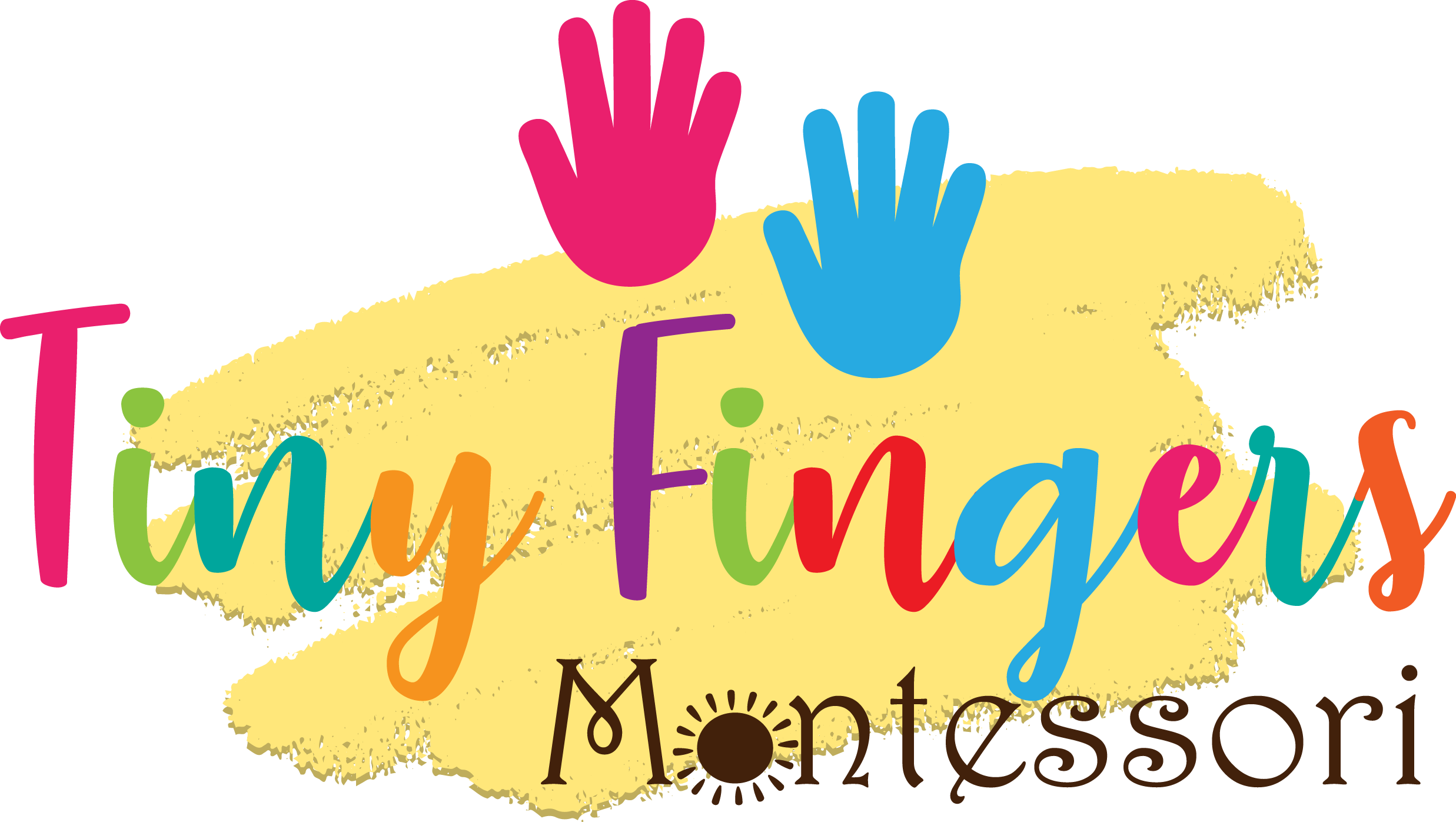The aim of toddler program is to assist children as they fulfill the basic human tasks of trust, separation, independence, and self-control. The focus is both on curriculum and materials and on helping the toddler respond to the rapid and conflicting changes of this developmental age.
In a Montessori toddler environment, the child develops feelings of support, security, and self-esteem. Children are guided toward appropriate behaviors through a non-judgmental atmosphere that offers consistency; children come to understand the balance between freedom and limits. Toddlers need to know that they are safe, both physically and emotionally, and that they are loved for whom they are. The comfort and reassurance of caring adults is never far away.
The goal of the early childhood environment is to cultivate—and be a catalyst to—a child’s own natural desire to learn. We encourage children to experience choice and decision making, which empower them with intrinsic motivation and self-discipline, and strengthen their ability to think and act for themselves. We guide each child “to do it by myself,” thus satiating the child’s basic need for independence. Additionally, by helping children believe that they are capable, competent, and confident, we help create positive attitudes toward learning that last a lifetime.
The aim of Exercise Practical Life is to enable the child to be familiar with environment and become independent in performing day to day tasks. These activities help the child to develop fine and gross motor skills along with enabling him/her to take care of self and the environment around him/her. Development of concentration, co-ordination of movements, patience, a sense of order and good work habits are the other outcomes of these exercises.
The Sensorial module
provides learning through five sense organs. The activities are
designed to train and refine each the sense, namely visual, tactile,
olfactory, gustatory and auditory, while simultaneously developing
the intellect.
Language is taught through a graded phonic system. The child is slowly taken through the process of language development beginning with learning the phonetic sounds of the alphabet and moving on to word building and then sentence construction. This system helps the child master all four aspects of language - listening, speaking, writing and reading. Importance is given to the development of oral skills through group discussion, story- telling, show and tell and rhymes sessions.
The Mathematical module introduces children to numbers and the decimal system that forms the base for learning mathematical operations like addition, subtraction, multiplication and division. The material begins with concrete experiences and moves children towards the abstract. There is also a progression of difficulties
Culture module creates in the child an awareness of the world around him/her. It teaches the child various aspects of nature and his/her surroundings through activities related to Zoology, Botany, Geography and History. A cosmic approach ensures that the child learns not only about his/her own culture but also the cultures from across the world, thus inculcating values of love and respect towards every being in his/her environment.
created with
Static Site Generator .